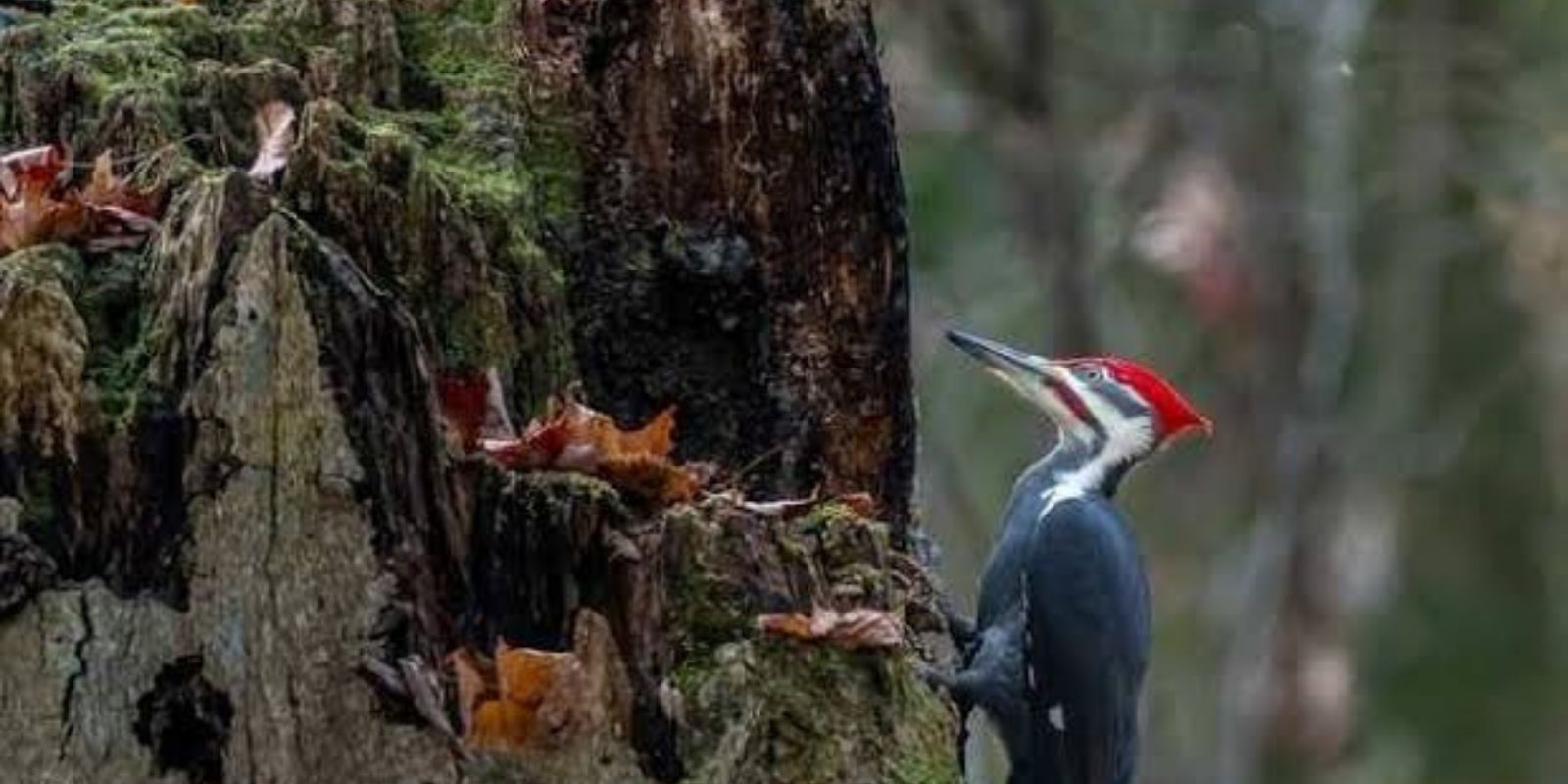In gardens across the world, woodpeckers are often considered a nuisance due to their constant drumming on tree trunks. However, before you reach for a weapon to chase them away, it’s important to understand the key role woodpeckers play in maintaining the health of your garden and the ecosystem as a whole. These fascinating birds are far more than just noise-makers – they are valuable allies in promoting a healthy and sustainable garden. Here are eight compelling reasons why you shouldn’t kill the woodpecker in your garden.
1. Natural Pest Control: Woodpeckers as Insect Exterminators
One of the most significant benefits of woodpeckers is their role in pest control. Woodpeckers are highly skilled at hunting insects, especially those that can damage your plants. They feed on ants, termites, beetles, and other wood-boring insects that may infest your garden. These insects can cause severe damage to trees and plants, weakening them and making them more susceptible to disease. By keeping the insect population in check, woodpeckers help prevent plant infestations and keep your garden healthy.
The relationship between woodpeckers and insects is symbiotic. While the woodpecker enjoys a meal of insects, it also removes harmful pests from the environment, keeping the ecosystem balanced and preventing insect overpopulation. This natural form of pest control is far safer and more environmentally friendly than using chemical pesticides, which can have harmful effects on both plants and beneficial insects.
2. Healthier Trees: Woodpeckers Aid in Tree Care
Woodpeckers contribute significantly to the health of trees in your garden. These birds are particularly adept at removing dead or decaying wood, which can harbor pests and diseases. By pecking away at the bark and inner layers of trees, woodpeckers help to break down and remove damaged parts of the tree, which can otherwise lead to rot or further infection.
In addition to helping trees stay healthy, woodpeckers also create nesting holes. These holes allow for the regeneration of new life within the tree. Many other bird species, such as chickadees, nuthatches, and owls, will take advantage of the hollow cavities created by woodpeckers for nesting. Therefore, woodpeckers indirectly support the biodiversity of your garden by providing habitats for other wildlife.
3. Support for Biodiversity: Woodpeckers Create Homes for Other Animals
Woodpeckers are not just solitary creatures; they play an important role in supporting a diverse range of wildlife. As they search for food, woodpeckers create holes in trees that serve as homes for many different species. These holes are often used by smaller birds

